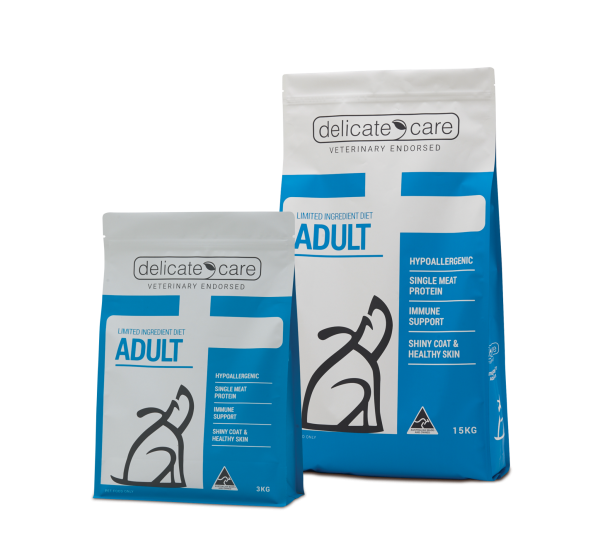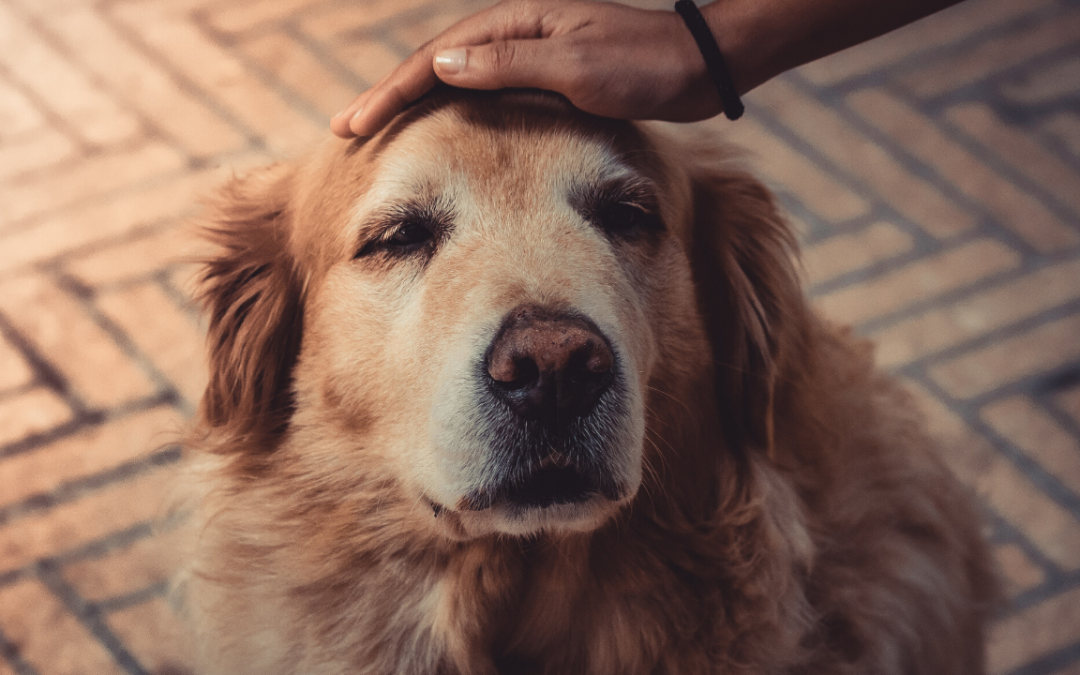Dogs are generally one of the smart animals on earth. They have a good memory and remember the aroma and faces of most of the people they met. But sometimes you have seen dogs that do not remember things or places.
Dogs suffering from cognitive dysfunction or canine dementia are considered to be a little “spacy” and confused. Often they were trapped and lost in their own homes.
A recent study has shown that over 14% of pet dogs that are over the age of eight suffer from age-related cognitive dysfunction, and those dogs that are between the ages of 15 and 16 have over 70% cognitive decline.
If you want to know what is dementia? What are the symptoms of canine cognitive dysfunction? How do you live with a dog with dementia? How do you comfort a dog with dementia? And what happens to a dog with dementia? Then read the info below
What Is Dog Dementia?
Canine Cognitive Dysfunction (CCD) also known as Dog Dementia is an age-related neurobehavioral syndrome in dogs. There are for cognitive forms of dementia
- Involutive depression
- Hyper-aggression
- Dysthymia
- Hyper-aggression
Dementia has devastating effects on the human-canine relationship.
What are the symptoms of canine cognitive dysfunction?
If you own a dog, you will be the first person to notice that there is something wrong with your dog and that it is behaving differently. There will be a change of temperament in your dog. If your dog had a friendly nature before, it may begin to show aggression.
The common symptoms seen in dogs suffering from canine cognitive dysfunction or dementia are circling, pacing, looking into space, confused and looking lost.
Other symptoms that dogs suffer during this disease are difficulty navigating and how to move around furniture. Dementia can lead dogs to isolation and they will flee from attention and become more scared and nervous.
The term DISHAA is used to describe the typical symptoms of canine cognitive dysfunction. This term stand for: Disorientation, Interactions, Sleep, Housetraining, Activity Level, and Anxiety.
Disorientation
- Dogs will be lost in familiar places.
- They will stare at the floor and walls.
- Lost in the yard
- They will not recognize familiar faces
- They will be less reactive to any sight or sound.
Interactions
- They will show a change in interaction with their own family
- They will be fearful and aggressive with visitors and family
- The dogs may become over-dependent
- They show a decrease in interest in approaching to greetings and commands
Sleep
- Change in sleeping pattern of dog
- Restless and sleepless in the middle of the night
- Vocalization at night
Housetraining
- Not able to learn new tricks and unable to respond to previously learned tricks
- Increased house soiling
- The decrease in signals of going out for elimination purpose
- The decrease in focus and increase in distraction
- Soil their bed or crate right after coming from outside
Activity level
- Less exploration with toys and family members
- Increase in aimless walking
- Increase in repetitive behavior like chewing, circling and licking
Anxiety
- Anxiety is increased after separation from the owner
- Increase in fear of places and new environment
The letter “L” is recently added at the end of DISHAA. L stand for learning, your dog may show:
- Decrease ability or unable to perform the learned task
- Less response to familiar commands
What can I give my dog for dementia?
Canine cognitive dysfunction can also be treated with certain medications. Medications used in the treatment of Cushing’s disease are also effective in the treatment of dementia. Most dogs show an improvement in cognitive function.
You can discuss with your vet whether you can give your dog sleep aids or anti-anxiety medications. These medications can treat some of the symptoms of this disease.
You can also help your dog by giving him natural supplements. These supplements have no side effects and can be used routinely.
Cognitive functions are improved through the use of coconut oil. Coconut oil has been found to have many health benefits and Omega 3 has health-restoring properties.
Certain foods like turmeric can be used as a supplement and have an antioxidant effect on the dog’s health. You can also use melatonin as a supplement that will help reduce symptoms of restlessness at night, also known as “sundowing” and improve sleep cycles.

You can try our Delicate Care Adult Dog Food which includes functional nutrients and natural antioxidants from fruit and vegetables to keep your dog in peak condition and prepare your dog with the best foundation for their senior years.
You can also use Cannabidiol (CBD) oil to treat dementia. CBD helps increase connections between brain cells. It also acts as a brain stimulant and neuroprotector.
How do you comfort a dog with dementia?
If your dog shows the sign of disorientation, you can help by keeping a schedule. This will redirect your dog and help prevent other symptoms like anxiety and nervousness.
Keep a daily feeding schedule, wake them up at the same time every day, take them outside to do their business at the same time, and take them to bed at the same time.
If you can develop a routine and you and your dog can stick to it, this will help reduce your dog’s confusion and anxiety.
If your dog suffers from anxiety, you can help him in several ways, such as giving him routine medications and supplements. You can also help your dog with aromatherapy, acupuncture, and music therapy to keep your dog calm and controlled.
You must know about the preferences and limitation of your dog give them regular walk and exercise it will relieve stress. Talk to your veterinarian and adjust their treatment accordingly.
What happens to a dog with dementia?
If no treatment will affect the dog and he reaches a situation where he loses the quality of life, it will put you in that situation to make a very difficult decision.
In serious conditions, they will reach a point where other systems will fail and you will not be able to see your beloved pet in this situation. Making that decision is also difficult when the dog is healthy.
It is difficult for the owner to see such things, so you can talk to your vet about euthanizing a dog because they have no emotions involved.
Conclusion
If your dog is suffering from these symptoms and if he developed any personality or behavioral change than veterinary checkup is necessary.

